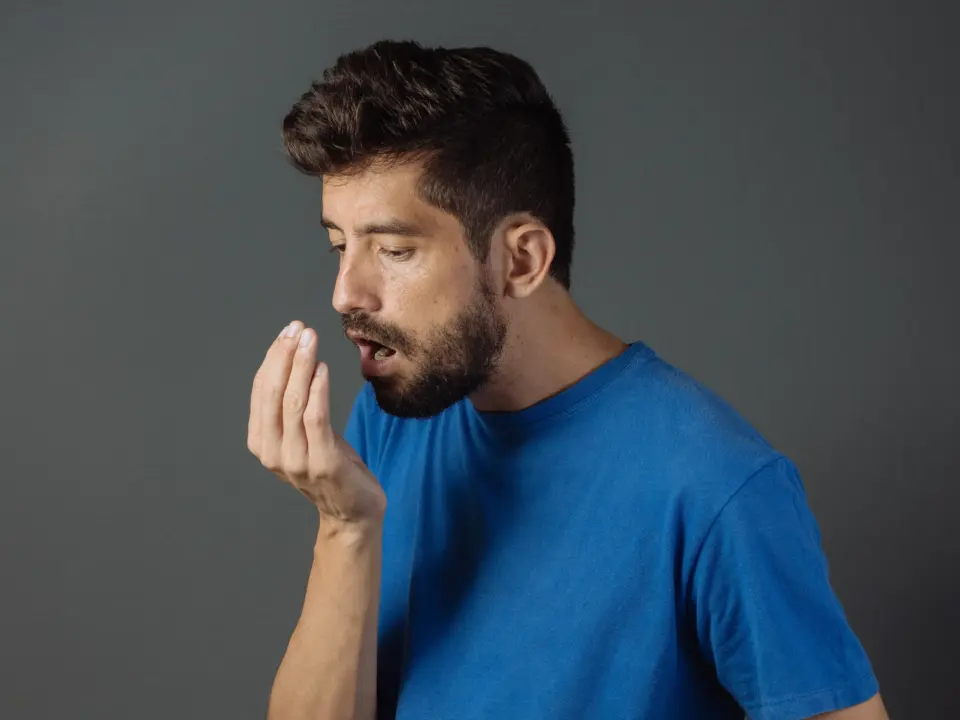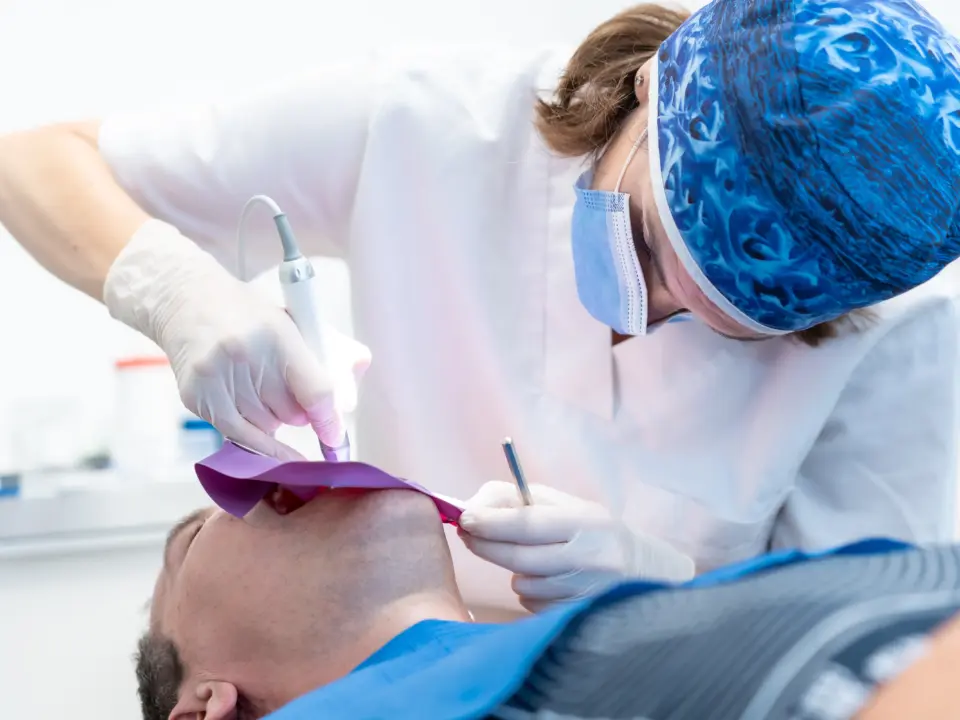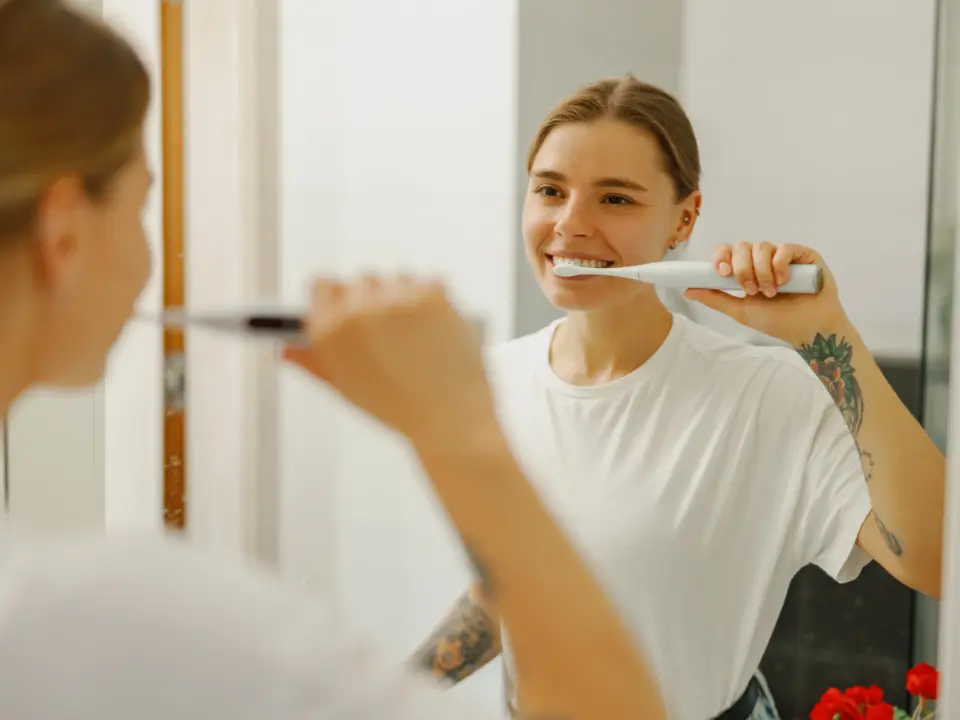
How to Handle a Lost Tooth: A Step-by-Step Guide
March 25, 2025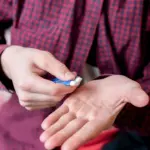
Is Chewing Gum Good or Bad for Your Teeth?
April 23, 2025Teaching children about oral hygiene is important for their overall health and well-being. Developing good oral health habits early not only ensures a brighter smile but also prevents issues like cavities and gum disease. Let’s explore effective strategies to teach children about oral hygiene at every age.
1. Infants (0-12 Months)
Even before the first tooth emerges, caring for your baby’s oral health is important. Gently wipe their gums with a soft, damp cloth after you feed them to remove bacteria and prevent buildup. When the first tooth emerges, typically around six months, begin using a soft-bristled toothbrush specifically designed for infants. Use an amount (about the size of a grain of rice) of toothpaste to clean their teeth twice daily. Schedule their first dental clinic visit by their first birthday to help establish a dental home and help detect any potential problems early on.
2. Toddlers (1-3 Years)
As your child becomes more independent, encourage them to participate in their dental care routine. Allow them to pick a toothbrush with their favourite character and a toothpaste flavour they like, ensuring it’s appropriate for their age. Continue to supervise brushing, using a pea-sized amount of fluoride toothpaste. Introduce flossing once two teeth touch, teaching them gently to remove plaque between teeth. Brushing and flossing can be fun activities that foster enthusiasm and consistency.
3. Preschoolers (3-5 Years)
At this stage, children are developing motor skills but still need guidance to ensure effective brushing and flossing. Encourage them to brush twice daily for two minutes, using timers or fun songs to make the process enjoyable. Educate them about the importance of brushing all surfaces of their teeth and the role of fluoride in strengthening enamel. Regular dental visits are essential during these years to monitor development and address any concerns quickly.
4. School-Age Children (6-9 Years)
As children start losing baby teeth and permanent teeth emerge, maintaining oral hygiene is vital. Encourage them to take more responsibility for their dental care but continue to supervise and assist as needed. Chat about the impact of nutrition on oral health, focusing on the importance of limiting sugary snacks and drinks to prevent tooth decay. Teach them about the effects of poor oral hygiene, like cavities and gum disease, to reinforce the importance of their daily routines.
5. Preteens (10-12 Years)
Preteens should have established a consistent oral hygiene routine, but they may face new challenges, such as braces or increased independence in food choices. Encourage them to continue brushing twice daily with fluoride toothpaste and flossing daily. Regular dental visits remain essential to monitor changes and provide professional cleanings.
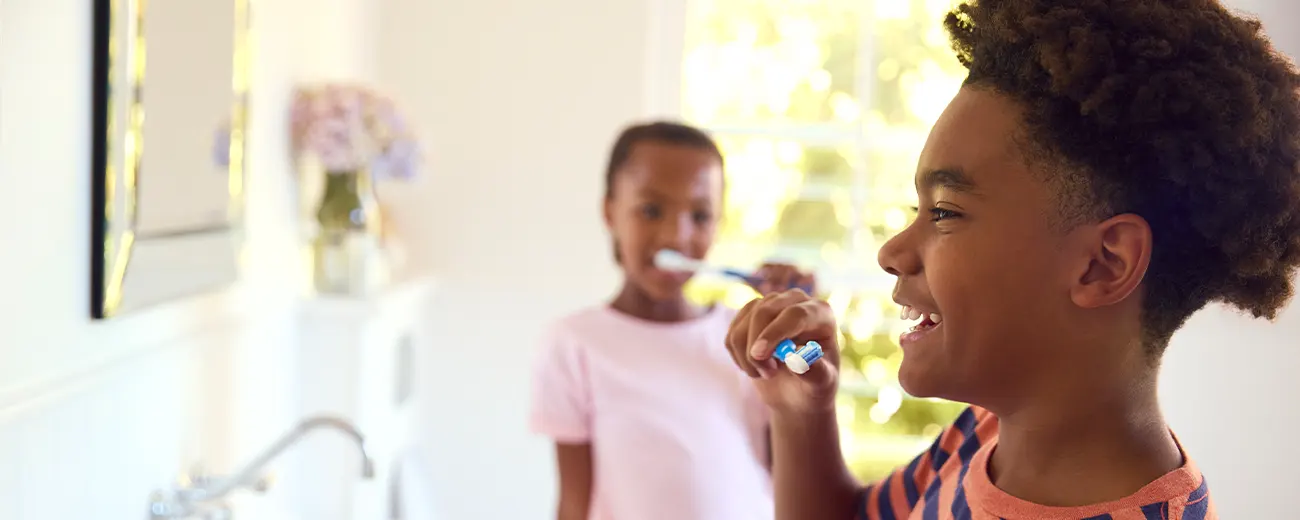
General Tips for All Ages
Lead by Example
Children often mimic their parents’ behaviours. Demonstrating your commitment to oral hygiene can inspire them to do the same. Let them observe you brush and floss your teeth regularly, and try to make it a family activity when possible.
Educate
Use age-appropriate resources, such as videos or books, to teach kids about the importance of oral health. Children often respond well to visual aids, so showing them what cavities look like or explaining how food affects their teeth and gums can be effective.
The Role of Diet in Oral Health
Healthy eating habits help to prevent tooth decay. Urge your kids to eat plenty of fruits, vegetables, and dairy products to help strengthen their teeth. Limit sugary snacks, sodas, and sticky candies, which can lead to cavities. Drinking water instead of juice or soda helps rinse away food particles and decrease the chances of tooth decay.
Proper Technique Matters
Teaching proper brushing and flossing techniques is just as important as frequency. Show children how to hold a toothbrush at a 45-degree angle and brush in gentle, circular motions to remove plaque effectively. Make sure they brush their teeth for the full two minutes and reach all surfaces, including the back molars. When it comes to flossing, teach them to gently glide the floss between their teeth without snapping it, ensuring they clean below the gumline.
Making Dental Visits Stress-Free
Many children develop anxiety around visiting the dentist, so it’s essential to create a positive experience. Choose a pediatric dentist who specializes in child oral health and knows how to make kids feel comfortable. Talk about dental visits in a fun and positive way, and avoid using words like “pain” or “shot.” Some parents find it helpful to read books about visiting the dentist before the appointment.
Handling Common Challenges
Some children resist brushing and flossing, making it a daily struggle. If your child is reluctant, try different strategies, such as letting them pick out their toothbrush, using a fun toothpaste flavour, or setting up a reward system. If they refuse to let you brush their teeth, start with just a few seconds and gradually increase the time.
Another common issue is children who brush too hard. Teach them to use gentle strokes to avoid damaging their enamel and gums. Using a toothbrush with soft bristles can help protect their teeth and gums while still being effective at cleaning.
Transitioning to Independence
As children grow, they should take more responsibility for their oral hygiene routine. By the time they reach school age, they should be brushing and flossing on their own, with occasional supervision. Encourage them to develop a habit of brushing before bed and in the morning without being reminded. If they forget, instead of scolding, use positive reinforcement to encourage consistency.
Final Thoughts
By tailoring oral health education to each developmental stage, you can instill lifelong good oral hygiene habits early in your children. A strong foundation in oral care makes sure they grow up with happy, healthy smiles and a positive attitude toward oral health. With a little patience, creativity, and consistency, you can make brushing and flossing a natural and enjoyable part of your child’s daily routine.
To ensure your child’s dental health stays on track, schedule a visit with Knox Mountain Dentist today. Our team is ready to help your family maintain healthy smiles for life

